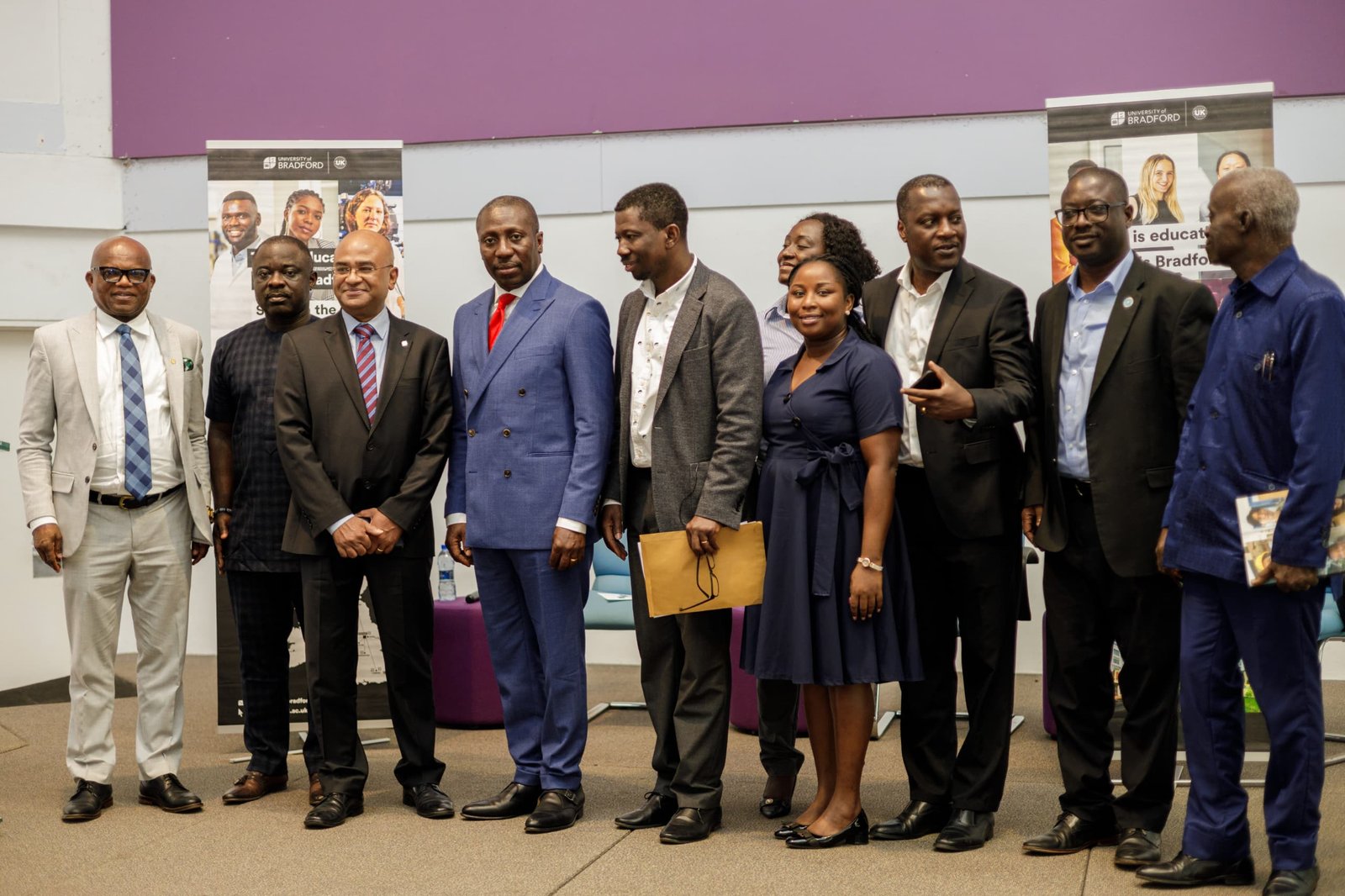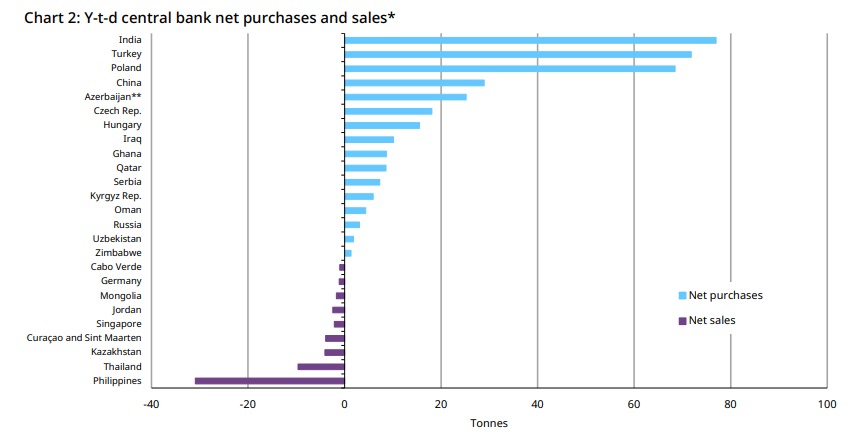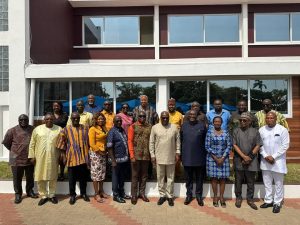

The maiden national infertility and childlessness conference was last Saturday held with more than 1,500 attending.
Mostly couples without children, women who have been trying for years to have children and counsellors attended the conference, which was on the theme,  “Hope for childless couples in Ghana.â€
It was organised by the Association of Childless Couples of Ghana with support from the Church of Pentecost.
New reproductive method
Conference participants were introduced to a new method of assisted reproductive technology called the ‘walking egg’, to reduce the high cost of In Vitro Fertilisation (IVF) by more than 80 per cent.Â
Currently, the cost of IVF, excluding the necessary examinations, is more than GH¢9,000 in Ghana but the new method, found by some Belgium scientists and fertility experts, seeks to reduce the price to less than GH¢1000. Â
A number of childless couples have not been able to access assisted reproductive technologies such as insemination, IVF and Intracytoplasmic sperm injectionÂ
(ICSI) as a result of the high cost.
Consequences of childlessness include marital instability, increase in sexually transmitted diseases and social insecurity as people give birth to more children for economic reasons. Infertility could be caused by abortion, sexually transmitted disease, infected tubal block, obstetric complications and sexual violence. Â
Low cost technology
A Belgian fertility expert and lead researcher of the walking egg technology, Prof. Willem Ombelet, said the low cost technology “will make fertility care more affordable and accessible to a greater number of peopleâ€.
Prof. Ombelet explained that the new method was introduced in 2012 and  pointed out that the technology could not completely replace conventional IVF.
He said men with severe infertility who required more advanced treatment in which the sperm was injected into the egg, known as intra-cytoplasmic sperm injection, could also not benefit from the method.Â
Infertility in Ghana
The Chief Executive Officer of the Association of Childless Couples of Ghana, Nana Yaw Osei, stated that more than 60 per cent of Ghanaian women who were not able to have babies was a result of fallopian tube blockages.
The non-governmental and non-faith-based association, which started work in 2012, he said, sought to address the infertility situation in Ghana and eliminate the stigma associated with childlessness.
Mr Osei said childless couples were counselled or assisted to undergo treatment for any of the assisted reproductive technology or to consider the option of adoption as an alternative.
The chairman of the Church of Pentecost, Apostle Dr Opoku Onyinah, who chaired the conference, advised childless couples “not to give up hope as they can have their own children or adopt legallyâ€.
writer’s email: emelia. [email protected]





















Facebook
Twitter
Pinterest
Instagram
Google+
YouTube
LinkedIn
RSS